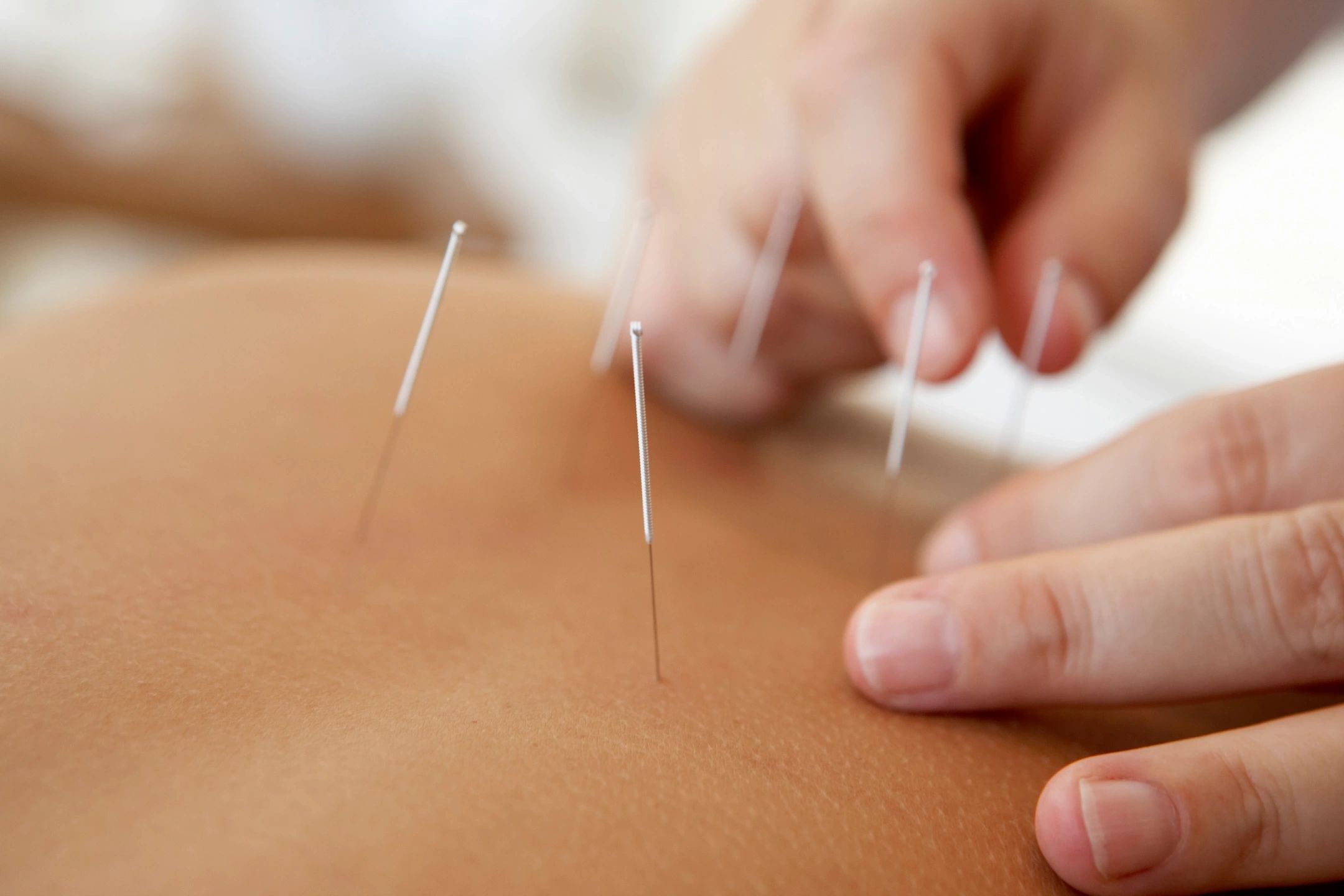
Chiropractic Care for Rotator Cuff and Other Shoulder Injuries
Strictly speaking, there are only four muscles in the rotator cuff. But even a casual glance at an anatomy book will reveal that there are many more muscles that cross over, around, and through the joints of the shoulder. With the large range of motion of the shoulder, along with the many muscles that need to work together, the shoulder is an easy target for injury. Athletic injuries are by far the most common source of shoulder problems in the younger to middle aged populations. Due to disuse and changes from aging, the older population is susceptible to shoulder injury even while doing normal day to day activities.
Physical Therapy for Shoulder Recovery
Injuries to the shoulder can vary widely. Tears to the muscles in the shoulder can be complete or partial. More mild partial tears are usually treated with rehabilitation and re-strengthening once the muscle has had a chance to heal. Unfortunately, these can progress over time and can eventually lead to full thickness tears. Once there is a complete tear of a rotator cuff muscle, it must be surgically repaired. The good news is that rotator cuff surgeries are generally successful. As with any surgery, Physical Therapy is essential to regain range of motion and strength in the repaired shoulder. Other types of injury to the shoulder can include damage to the joint itself, tearing of the bursa, or the “cushion” of the shoulder joint, or tearing of the ligaments that hold the bones of the shoulder joint together.
Tendonitis: Shoulder Injury from Repetitive Motions, Over Lifting & Awkward Positions
But what about less obvious injuries to the shoulder? Injuries from over lifting or repetitive activities in awkward positions are also rather common. These injuries are commonly referred to as sprain/strain injuries, or tendonitis. They involve over stressing the muscles, tendons, and ligaments of the shoulder. These injuries may only be painful with certain activities, or at the end of the day. Generally they respond well to ice and rest. When these ailments become more frequent or are not responding to rest, an evaluation by our Physical Therapist is a good place to start. Often we can identify where the pain is coming from, and give you the proper stretches and exercises to help you take care of your shoulder pain or rotator cuff injury.
Give us a call today to schedule an evaluation and see if we can help you with your shoulder pain.
WHAT OUR PATIENTS SAY ABOUT WORKING WITH OUR TEAM:
At Superior Spine Care we are proud of our patient relationships and the excellent reviews they leave us. We look forward to providing you with the same 5-star level of chiropractic, massage, physical therapy or acupuncture care!
HEALTH SERVICES AT SUPERIOR SPINE CARE:

CHIROPRACTIC
As a Doctor of Chiropractic, Dr. Neil Wensink has years of training and experience in spinal adjustments and manipulation and provides advanced spinal correction combining state of the art chiropractic techniques with traditional tried and true methods. Never in the history of chiropractic have we been able to provide the level of help and expertise that now exists. These newer correction methods are more effective and more comfortable than ever before.

MASSAGE THERAPY
Massage therapy aids in patients’ rehabilitation by focusing on manipulating and realigning the deepest layer of muscles and connective tissue. It is the most beneficial therapy to release chronic muscle spasms. At Superior Spine Care we provide specific massage and muscular therapy tailored to meet the patient’s condition and injury. The benefits of massage therapy include increased blood circulation, reduced swelling, relaxed muscles and pain relief.
Learn More About Therapeutic Massage Treatments and Techniques

PHYSICAL THERAPY
Physical Therapy is the treatment or management of physical disability, movement, malfunction, or pain, without the use of medicine or surgery. With many years of experience and continuing education, Chrissy employs a variety of different physical therapy modalities to personalize your treatment program with a specialty in using Myofascial Release Technique to help alleviate acute and chronic pain.

ACUPUNCTURE
Acupuncture is an ancient Chinese-based approach to treating a variety of health conditions. It works by triggering different points on the skin with small, one-time use, stainless steel micro-filament needles. It is based on the idea that a blockage, or disturbance, in the body’s flow of Qi (pronounced as “chee”) can cause heath issues. Dr. Chester Dickerson, Superior Spine Care’s Licensed Acupuncturist, Therapist, inserts thin needles at specific points to help with pain relief and restore proper energy flow.
